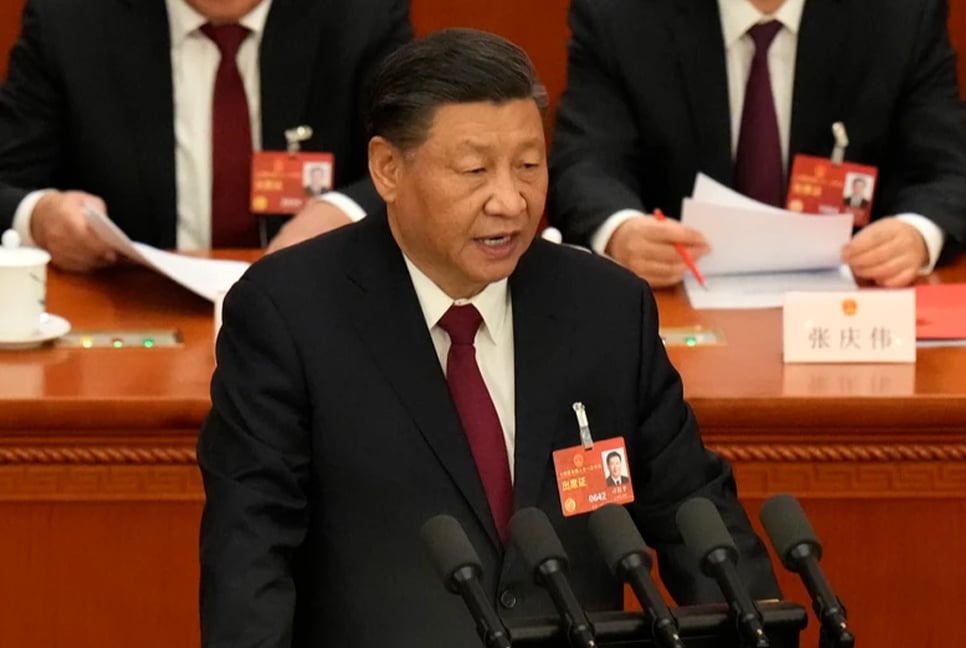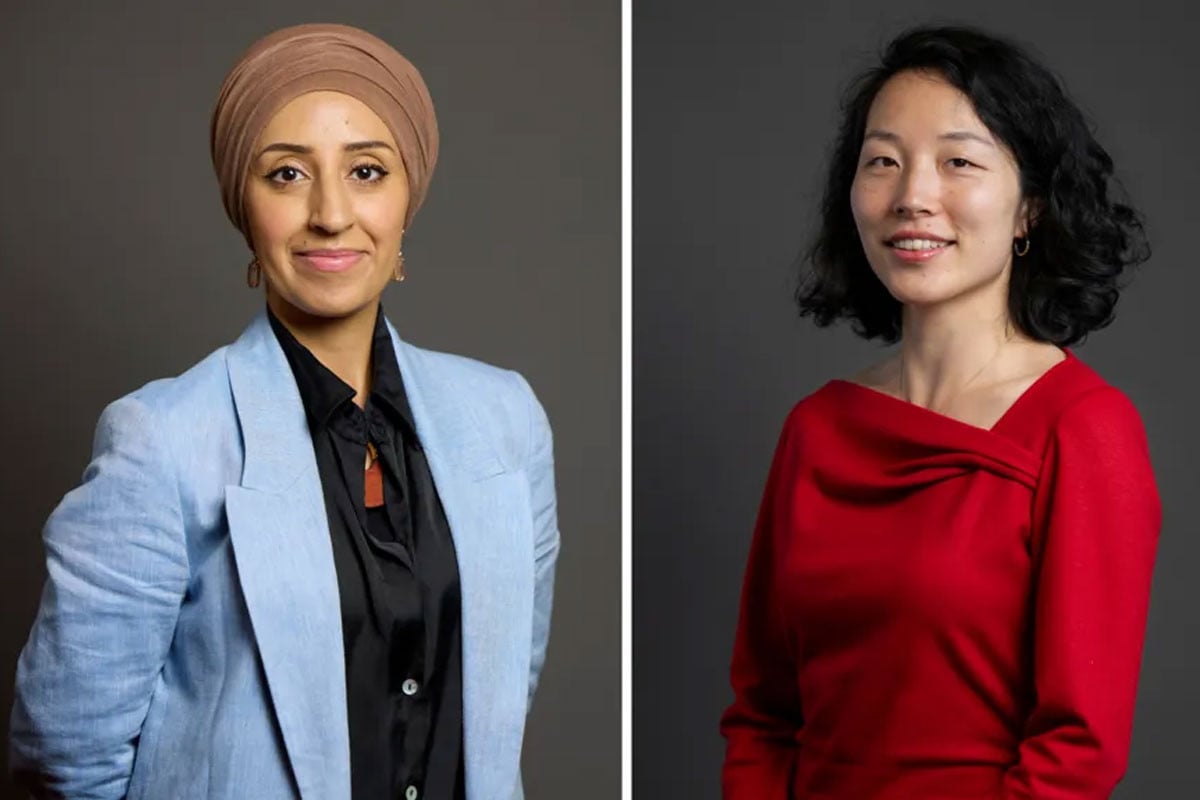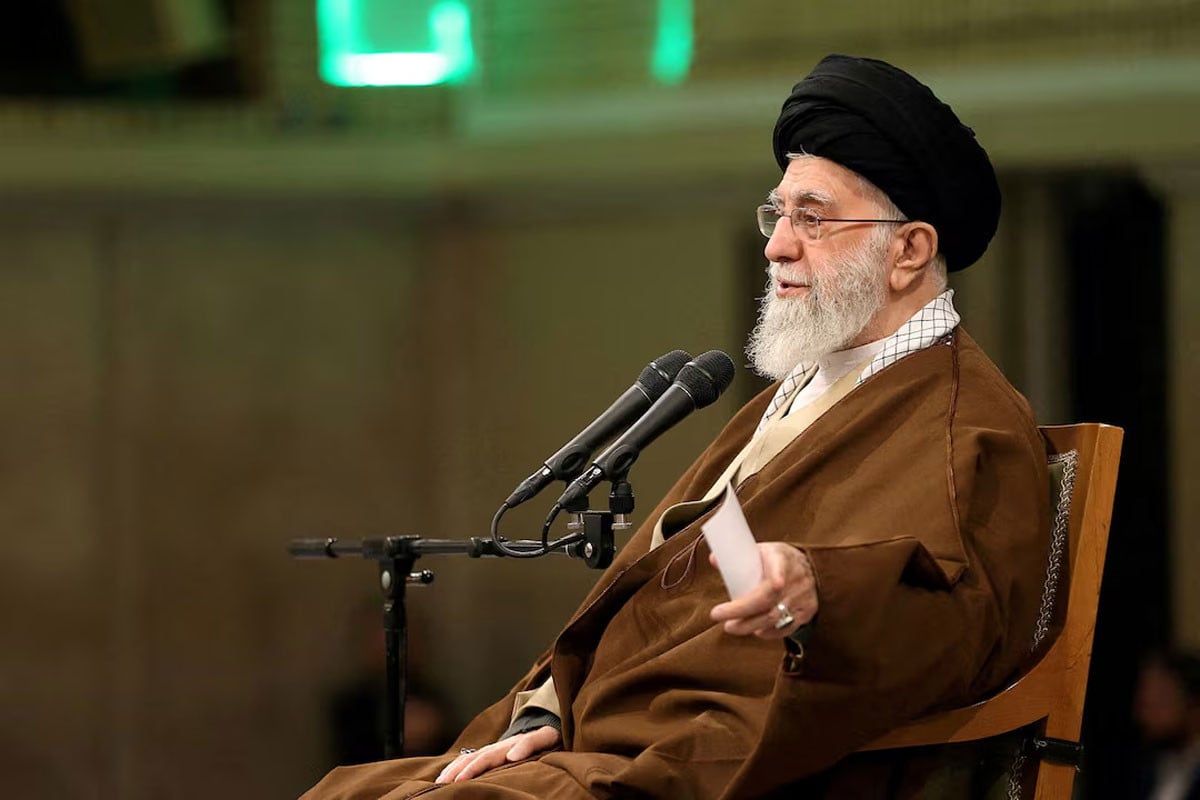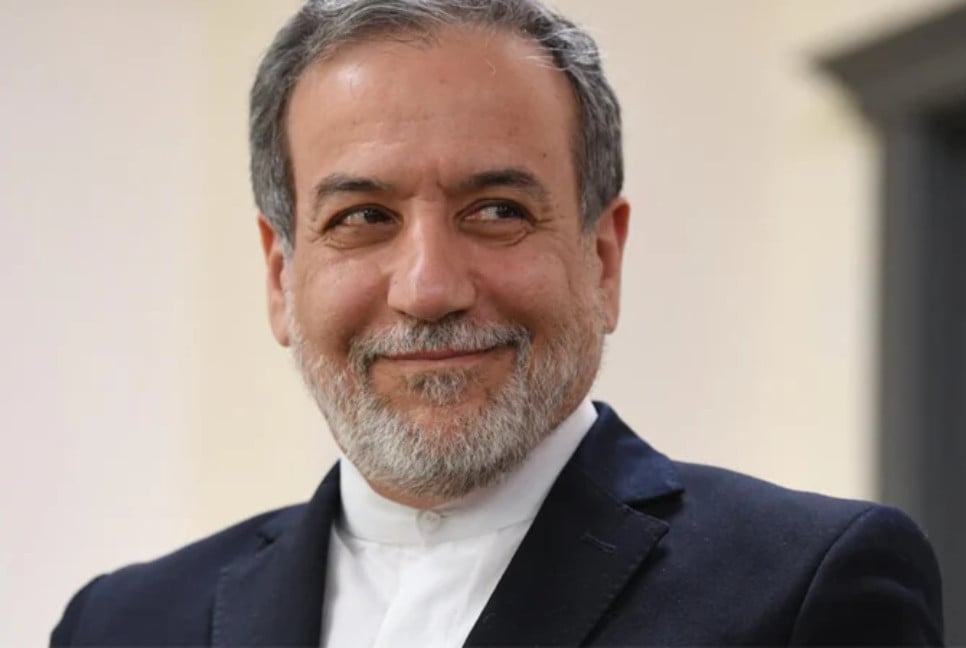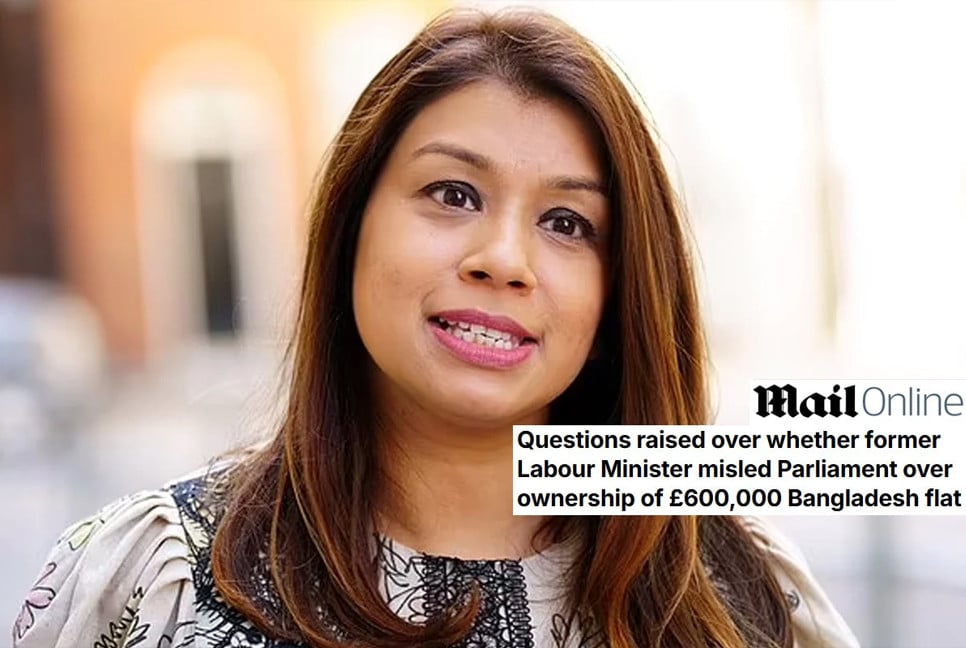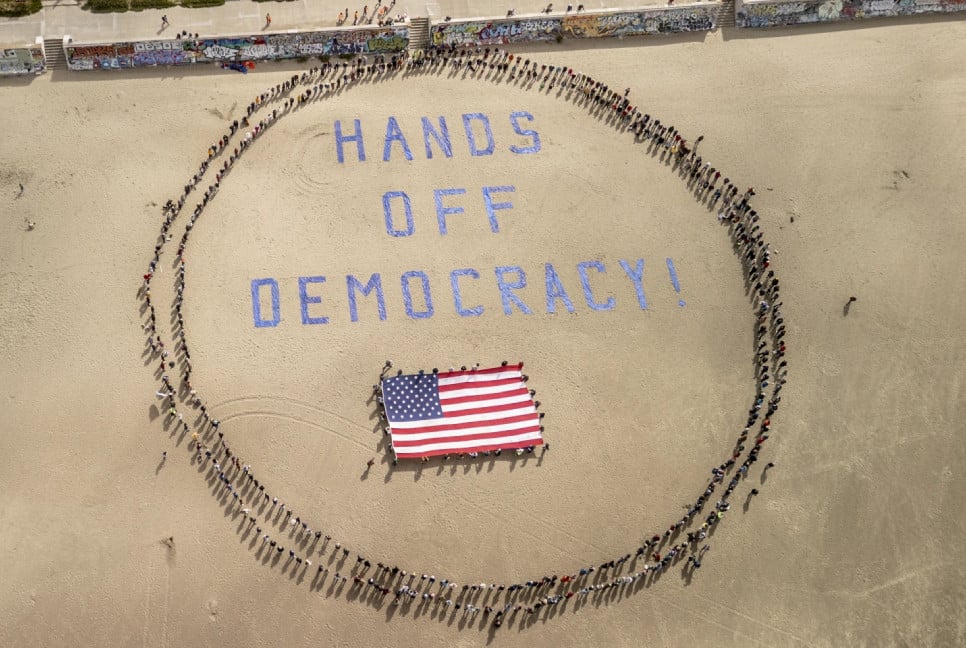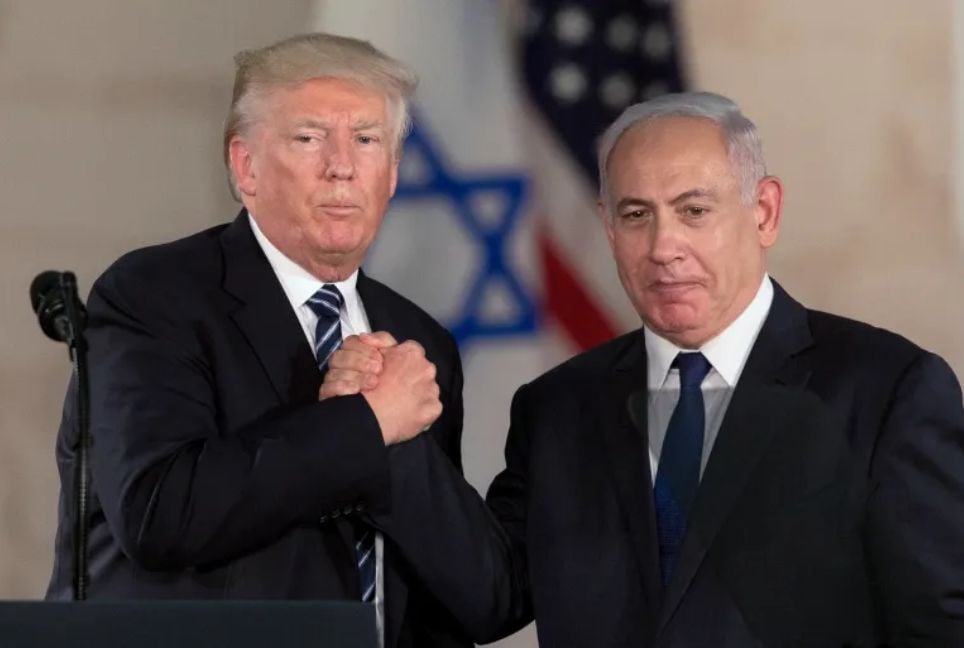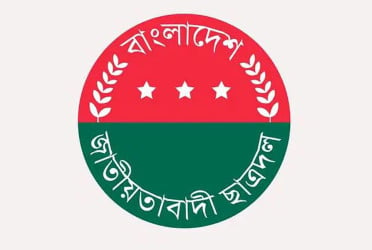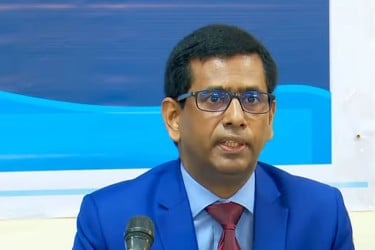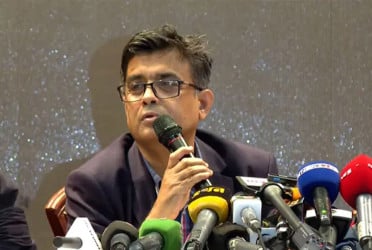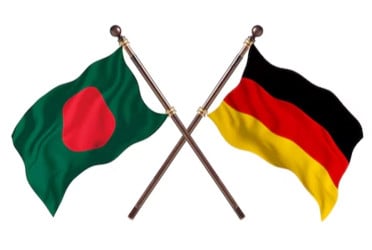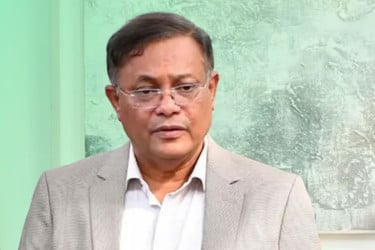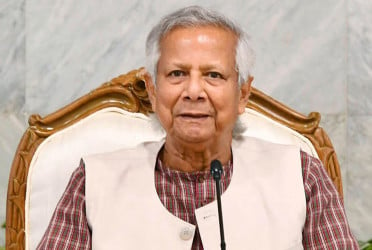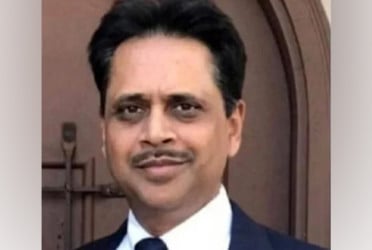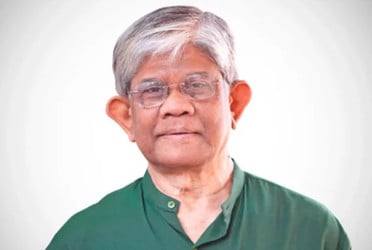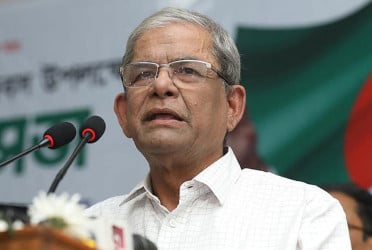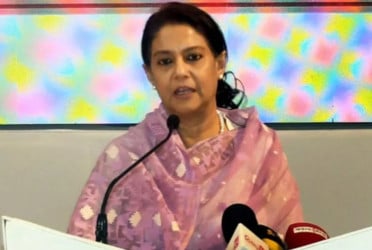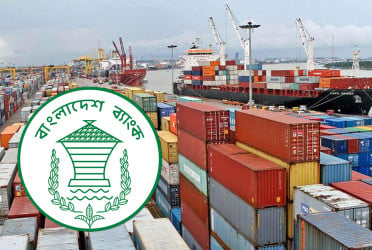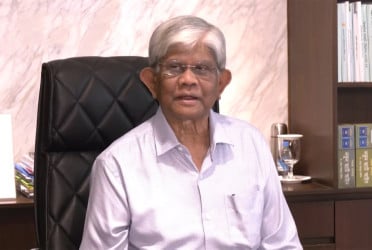President Xi Jinping called for China to play a bigger role in managing global affairs after Beijing scored a diplomatic coup by hosting talks that produced an agreement by Saudi Arabia and Iran to reopen diplomatic relations, reports UNB.
Xi spoke on Monday following a legislative session that installed a government of loyalists to tighten his control over the economy and society.
China should “actively participate in the reform and construction of the global governance system” and promote “global security initiatives,” said Xi, the country’s most powerful leader in decades, in a speech at end of the annual meeting of China’s ceremonial legislature.
That will add “positive energy to world peace and development and create a favorable international environment for our country’s development,” Xi said.
Xi gave no details of the ruling Communist Party's ambitions, but his government has pursued increasingly assertive policies abroad since he took power in 2012. It has pressed for changes in the International Monetary Fund and other entities Beijing says fail to reflect the needs and desires of developing countries.
Beijing also has built on China’s growing heft as the second-largest economy to promote trade and construction initiatives that Washington, Tokyo, Moscow and New Delhi worry will expand its strategic influence at their expanse.
Xi's government rattled the United States and Australia in early 2022 when it signed a security agreement with the Solomon Islands that would allow Chinese navy ships and security forces to be stationed in the South Pacific island nation.
The foreign minister, Qin Gang, warned Washington last week of possible "conflict and confrontation” if the United States doesn't change course in relations that have been strained by conflicts over Taiwan, human rights, Hong Kong, security and technology.
Xi's speech Monday called for faster technology development and more self-reliance in a speech loaded with nationalistic terms. He referred eight times to “national rejuvenation,” or restoring China to its rightful historic role as an economic, cultural and political leader.
On Friday, Xi was named to another term in the ceremonial Chinese presidency after breaking with tradition in October and awarding himself a third-five year term as general secretary of the ruling party, putting himself on track to become leader for life. The National People's Congress session cemented Xi’s dominance by endorsing the appointment of his loyalists as premier and other government leaders in a once-a-decade change. Xi has sidelined potential rivals and loaded the top ranks of the ruling party with his supporters.
Xi said that before the ruling Communist Party took power in 1949, China was “reduced to semi-colonial, semi-feudal country, subject to bullying by foreign countries.”
“We have finally washed away the national humiliation, and Chinese people are the master of their own destiny,” Xi said. “The Chinese nation has stood up, become rich and is becoming strong.”
Xi also called for the country to “unswervingly achieve” the goal of “national reunification,” a reference to Beijing’s claim that Taiwan, the self-ruled island democracy, is part of its territory and is obliged to unite with China, by force if necessary.
Bd-pratidin English/Tanvir Raihan

